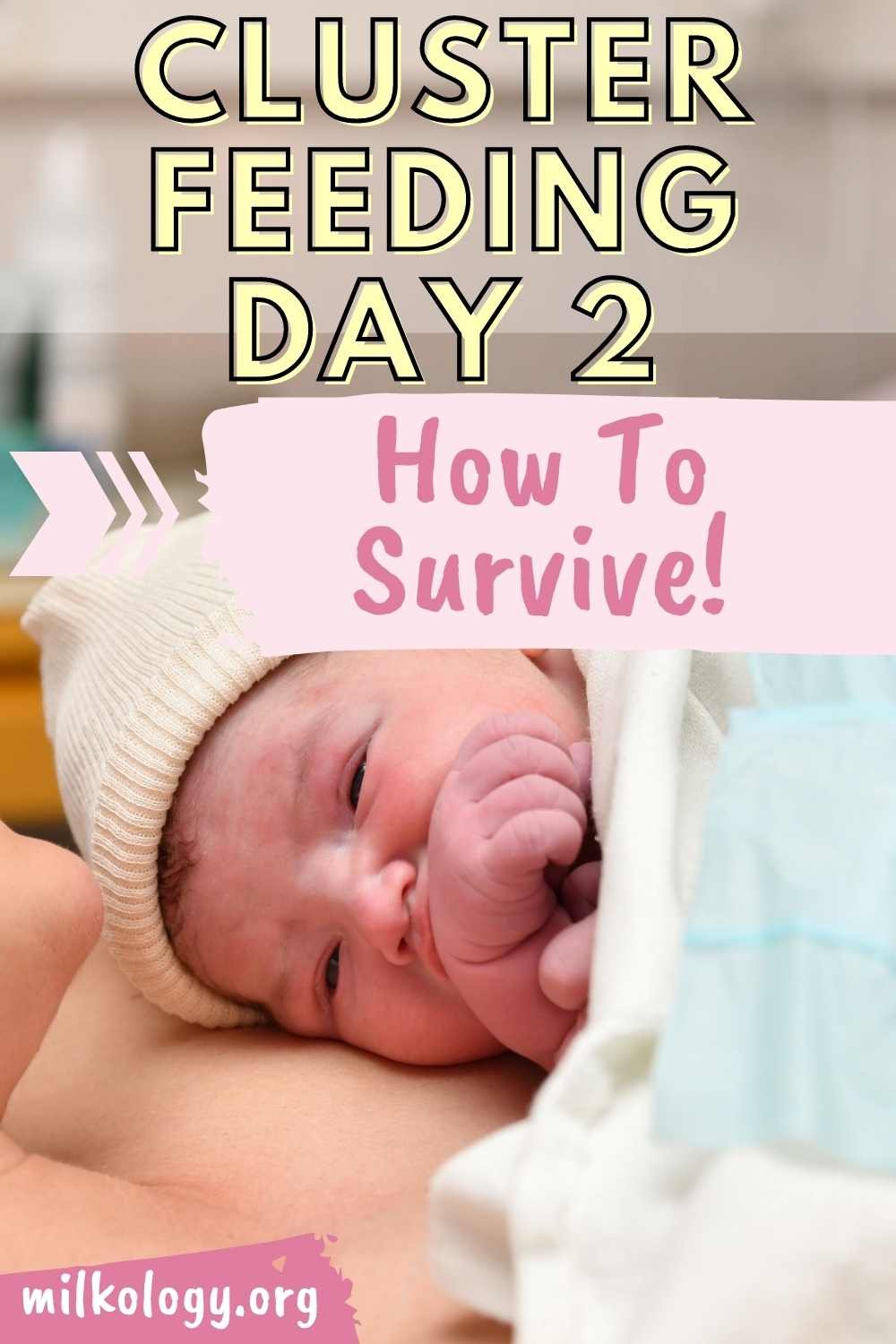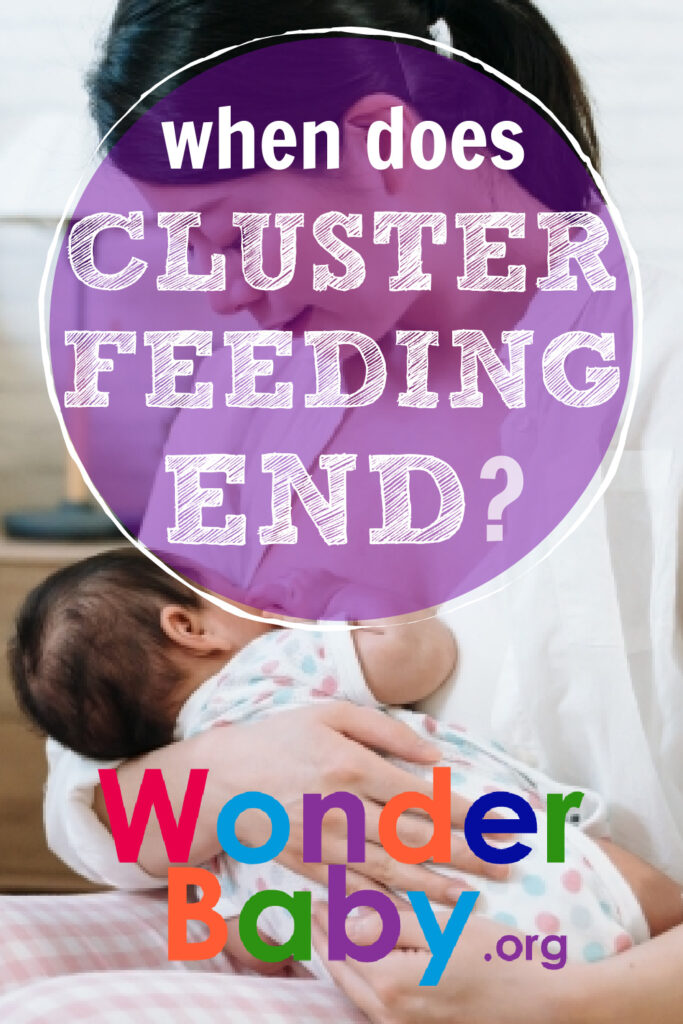Fabulous Tips About How To Stop Cluster Feeding

Here are some tips for.
How to stop cluster feeding. As your baby nears their first birthday, cluster feeding should become less frequent, but expect each growth spurt to last for a few days each time. Cluster feeding (also known as bunch feeding) is when babies bunch their feedings up close together for an extended period of time. Consider babywearing during the day to keep your baby close and content, which might help reduce fussiness and the intensity of cluster feeding.
Babies breastfeeding and chestfeeding everything you've wanted to know about cluster feeding does your baby get ravenous in the evening hours, nursing. Tips for coping with cluster feeding. Try resting during the day to prepare for the night’s cluster feeding.
Cluster feeding is a term used to. Follow your baby’s needs and leads. I promise your baby’s cluster won’t last forever!
Expect that your baby will be sleepy and settled after feeding. Resources cluster feeding cluster feeding do you ever wonder why your baby just won't stop feeding in the evenings? While you can’t really stop cluster feeding, you have options when it comes to how you manage it.
While there's no way to stop cluster feeding (especially since it can be beneficial for you and your baby), you can take steps to stretch out the time between feeding sessions. The short answer is yes, they can. Cluster feeding (also known as bunch feeding) is when an infant’s feedings cluster close together at certain times of the day or night.
To put your mind at ease, family gp dr lara batchat shares her advice on cluster feeding including why it happens, what a normal baby feeding pattern looks. Cluster feeding is when your baby's feeds are very. How to stop cluster feeding what is cluster feeding?
Cluster feeding usually happens during the first 3 to 4 months. Health & pregnancy guide cluster feeding: What’s the best way to handle those cluster feeding periods?
It's when your baby wants to feed even more frequently (sometimes constantly) over a period of. Medically reviewed by dan brennan, md on april 14, 2023 written by webmd editorial contributors how to know.


















